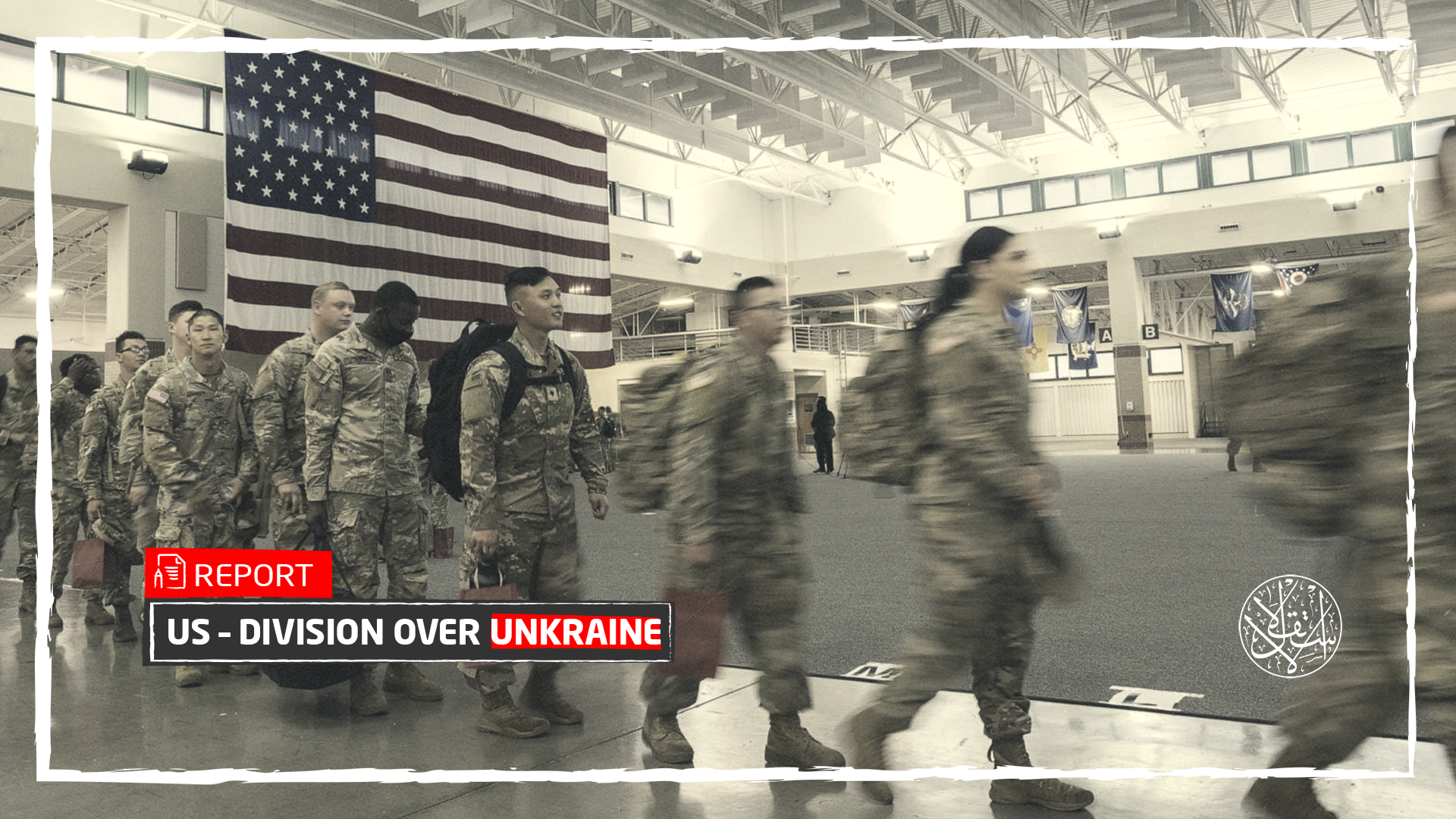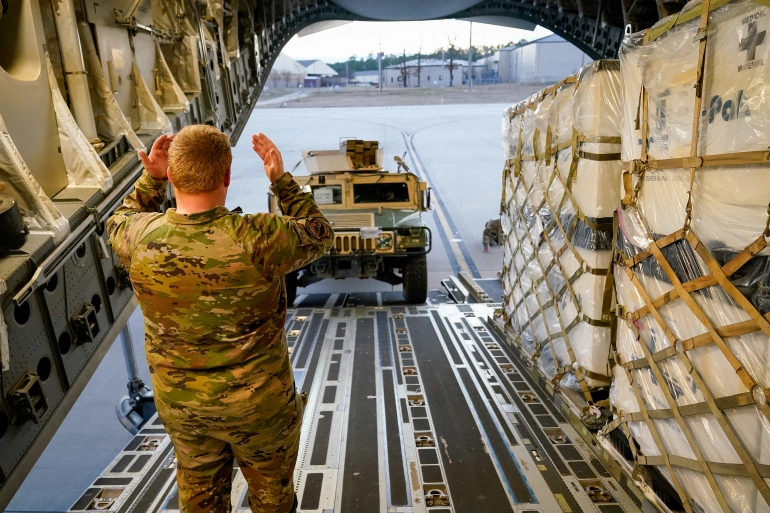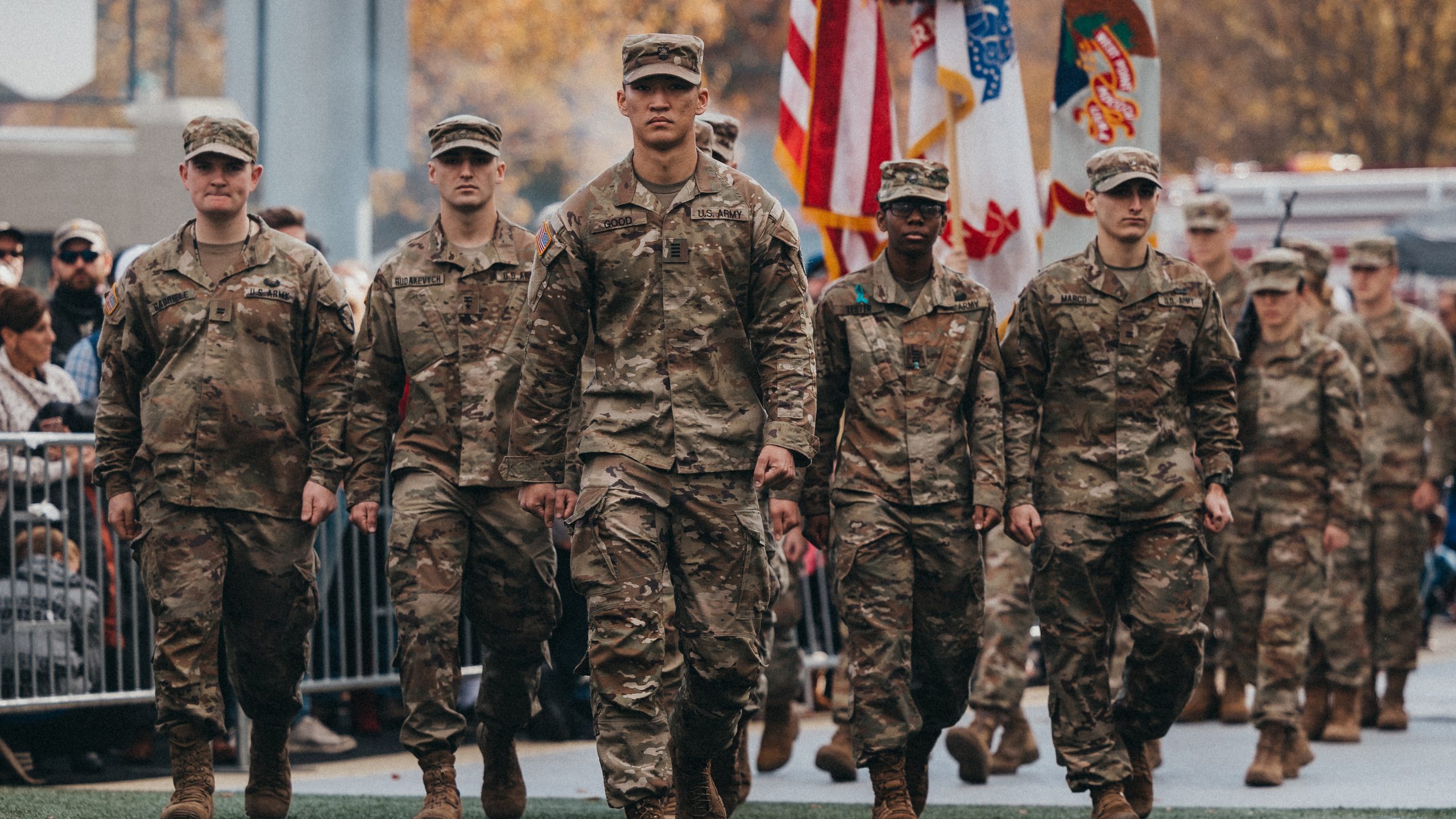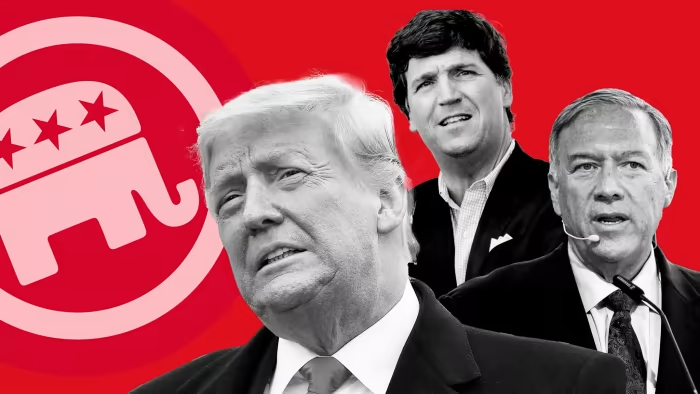Deep Divisions in Washington Over the American Role in the War in Ukraine

The Intelligence Online revealed that opposition is growing in America to the flow of aid to Kyiv and to the White House's fiercely anti-Russian rhetoric. Meanwhile, Kyiv is using its full potential to maintain its influence in Washington.
Official US support for Ukraine is not fully agreed upon within the White House, and while this trend is at odds with domestic politics, some US policymakers have begun to show their disapproval. Even within the White House, views differed sharply regarding whether or not to provide Ukraine with MLRS missile systems.
According to the Intelligence Online report, those around President Joe Biden are divided into two camps: Secretary of State Antony Blinken and Secretary of Defense Lloyd Austin lead the pro-Ukraine group that supports the delivery of MLRS systems to Kyiv, capable of reaching a depth of 300 kilometers into Russian territory. In contrast, National Security Adviser Jake Sullivan leads the cautionary group, some of whom even oppose the delivery of any bombers to Kyiv.
In the end, the US president decided to hand over to Ukraine missile launchers capable of reaching a depth of 70 kilometers into Russian territory. In the face of this decision, Kyiv is satisfied and happy: it focuses on counterattacks within its internationally recognized borders rather than launching strikes inside Russian territory. The Ukrainian presidential administration, the Bankova, has sent several assurances to the United States about its adoption of this strategy.
With the missile launchers now delivered, Kyiv has eased requests for heavy weapons. Much of this intense pressure is being driven by the Ukrainian Center for Defense Strategies, a think tank close to the government staffed by many American experts. On May 31, for example, the Center published an in-depth review of MLRS systems.

Arms Controversy
Congress is considering controlling the use of arms exports once they are delivered. Kyiv, for its part, is baffled by this, as it wants to push for quick deliveries to counter the Russian offensive in the east of the country, while the proposed additional measures could significantly slow down deliveries.
The controversy goes beyond the current stage toward America's distant view of the post-war period regardless of the nature of the expected balance of power at that stage: opinions in Washington are almost unanimous on the need to demand more seriously guarantees from the Ukrainian government that it will adhere to as the country begins to recover in the future.
Such required guarantees may be similar to those given previously before the provision of financial assistance, such as reform of the Ukrainian Security Service (SBU) or strengthening the fight against corruption.
On the other hand, Ukrainian President Volodymyr Zelensky, his right-hand man Andriy Yermak, and his adviser Mykhailo Podolyak were quick to show their good intentions. The Ukrainian–Swiss Conference 2022 will mainly discuss this topic, which was hosted in Lugano, Switzerland, on July 4-5. In its fifth edition, the conference aimed to reassure Western partners about the state of governance and progress in reforms and was renamed the Ukraine Recovery Conference this year.

Domestic Debate
As the trauma of the first weeks of the conflict subsides, opponents of the $40 billion aid package for Ukraine have begun to raise their voices. Some feel the increased danger of the American street's reaction to sending such large sums to a foreign country, far from the concerns of the average American, especially since the public mood in the United States is already charged.
Proponents of this approach hope to spark media debate on the issue, as reported in an opinion piece in the New York Times on May 19.
Congress has so far presented a largely united front, and the aid released thus far has enjoyed bipartisan support, and the Kyiv Support group has been created. However, the opposition began to form, mainly from the Republican Party, which led in mid-May to raise votes again against the said aid package.
To overcome such divergent views, Ukraine invited a group of lobbyists such as K Street and NYC to lobby for heavy weapons to repel the Russian offensive on the Eastern Front, according to the Intelligence Online, March 30, 2022, report. Yermak has gone to great lengths to appear in the United States, allowing the press and think tanks such as the council to have their questions answered. Washington's advisors, who previously provided strategic advice, analysis, and results to Kyiv, maintain their favorable position and continue to support it free of charge.

Timing Matter
Although some see the necessity of leaving the door open for Russia to find a way out of the conflict without losing face, they constitute only a minority in the front of public opinion pressing in favor of the drain of Russian military power.
The economic sanctions enjoy great support in Washington, which is beginning to feel their impact on Moscow, ignoring the danger of a segment of Americans who prefer to neutralize the United States from the West. A group led by opportunistic ex-diplomat Michael McFaul is expected to push for increased sanctions on Russian oil exports and other measures related to the gas sector.
Other, more deliberate voices have expressed concerns about the potential future impact of large-scale counterattacks on Russian-occupied territories asking for a ceasefire, something Ukraine emphatically opposes.
Analysts are very interested in these attacks and the uncertainties surrounding the future US elections, which could permanently change its position in the war, as no one knows the geopolitical priorities that the United States will be interested in at the time especially the competition with China.
In an interview with Al-Estiklal, the activist Khalida Bakkali said: "Most Washington policymakers agree, at least, that they should be prepared to analyze a conflict that could drag on for years. Meanwhile, the Ukrainian Military Intelligence Directorate hopes to end heavy fighting before the onset of winter. Thus, it is expected for the division in the US to deepen further in the upcoming months."












